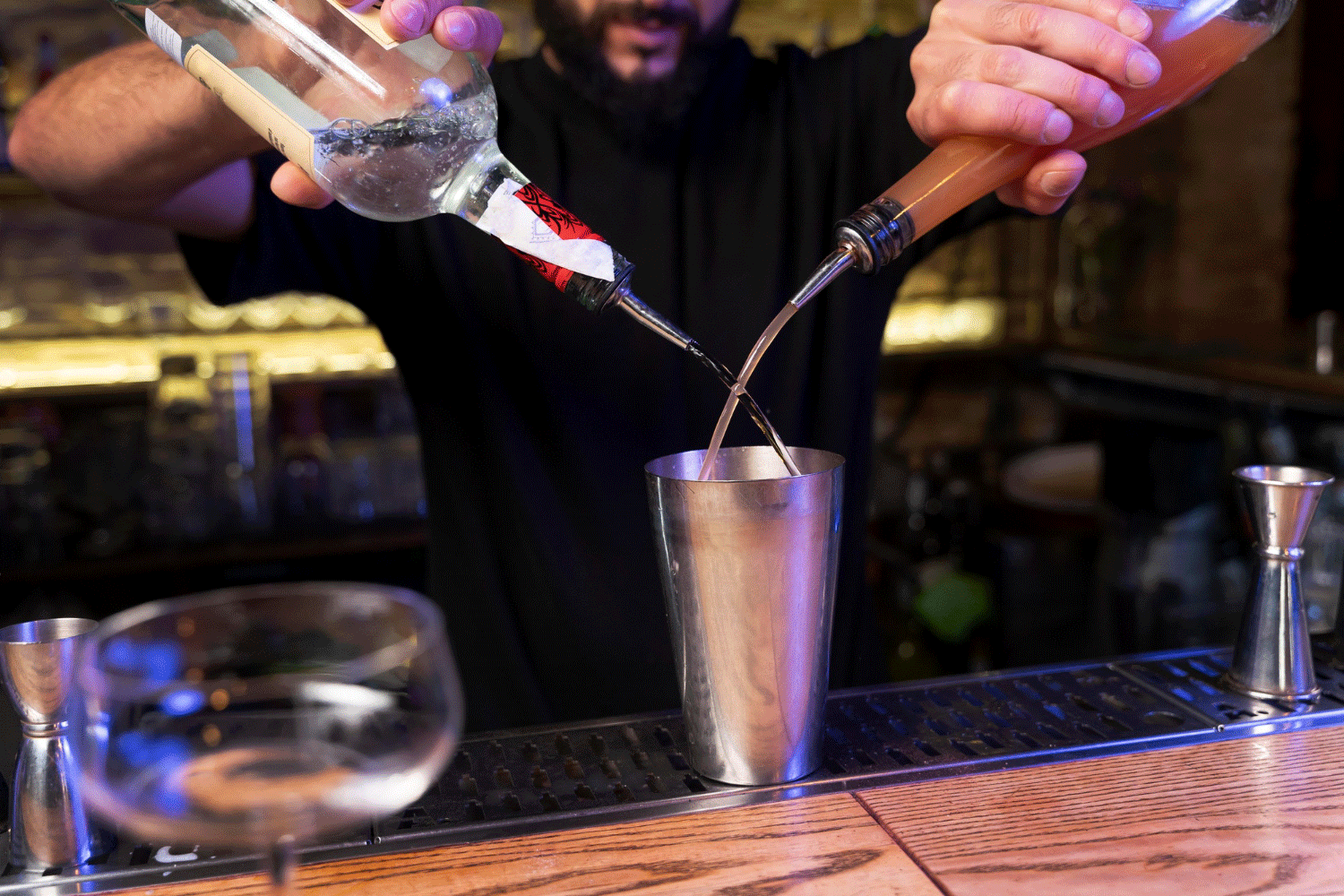
Excessive alcohol consumption can lead to damaged hearing and has been linked to tinnitus.
Recent evidence indicates that drinking is a risk factor for hearing loss. A study conducted by researchers at the University of Ulm in Germany found that heavy drinking over extended periods causes damage to the auditory cortex.
Excessive drinking can impact the brain’s auditory cortex, which is responsible for processing sounds. If this part of the brain is harmed, hearing difficulties can occur even with healthy ears
When the brain’s sound processing is delayed due to alcohol-induced damage, it can result in difficulties in understanding fast-paced speech and distinguishing between voices in noisy environments. This can significantly impact your ability to communicate effectively in various situations.
Damage to auditory hair cells – permanently
The small hair cells inside your inner ear play a crucial role in converting sound into nerve impulses, which are then sent as a signal to the auditory cortex in your brain for processing. Excessive alcohol consumption can inflict irreversible harm on these inner ear hair cells, obstructing the transmission of sound to your brain and leading to permanent hearing loss. Once these hair cells are damaged, they do not regenerate, making any hearing loss resulting from this damage a lifelong condition.

Effects of alcohol causing Tinnitus (ringing in your ears)
Many hearing specialists will tell you that drinking can trigger tinnitus. This isn’t difficult to believe. If you’ve ever had too much to drink, you’ve probably experienced “the spins,” where you feel dizzy, and the room seems to be spinning (especially with your eyes closed).
When alcohol affects your inner ear, which is responsible for balance, you may experience “the spins.”
Your inner ear also plays a role in hearing. So if alcohol can cause “the spins,” it’s not surprising that it can also cause ringing or buzzing in your ears.

Here are a few ways this can play out:
-
- Alcohol can reduce blood flow to the inner ear, potentially leading to damage.
- Alcohol can damage the stereocilia in your ears. These are small hairs that enable you to sense vibrations in the air, which your brain interprets as sound. Once these hairs are compromised, they will never recover or grow back.
- Alcohol can affect the neurotransmitters in your brain that are responsible for hearing. This means that while the alcohol is in your system, your brain isn’t working correctly. The decision-making centers and the parts of your brain responsible for hearing are also affected.
Dizziness and Imbalance
Having one too many drinks can affect your balance and make you feel dizzy and disoriented.
According to the Vestibular Disorders Association, alcohol can alter the volume and composition of the fluid in the inner ear, leading to dizziness, imbalance, and potential hearing loss. This is because both hearing and balance functions are within the inner ear.
Alcohol is absorbed into the fluid of the inner ear and remains there even after it has cleared from the blood and the brain. This can lead to vertigo and spatial disorientation as the inner ear monitors balance.
This is why some people experience “the spins” after a night of heavy drinking. It can be enough for any fun-loving drinker to swear off alcohol forever.
How much is too much
It’s important to be aware of the signs of alcohol use disorder, which may include excessive drinking and its impact on your health and relationships with others.
Seeking treatment is crucial, and various options are available beyond traditional methods like AA meetings or in-patient rehab.
Additionally, reducing alcohol consumption can have health benefits, including preserving hearing. If you’re concerned about your hearing or want to get tested, call us and schedule a consultation with one of our audiologists today!
